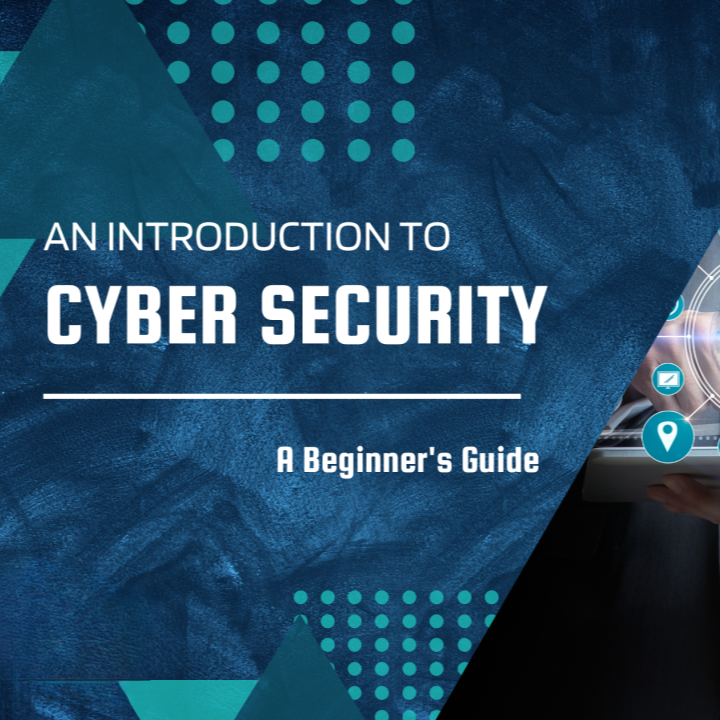Description
The Cybersecurity Analyst Assessment course is an in-depth training program designed to equip individuals with the skills and knowledge to protect organizations from cyber threats and vulnerabilities. This course covers a broad spectrum of cybersecurity principles, techniques, and tools, providing learners with the expertise to effectively analyze, detect, and respond to various cybersecurity incidents.
Course Objectives
The primary objectives of the Cybersecurity Analyst Assessment course include:
- Understanding Cybersecurity Fundamentals: Gain a solid foundation in cybersecurity principles, including the CIA triad (Confidentiality, Integrity, Availability), risk management, and security policies.
- Threat Analysis and Identification: Learn to identify different types of cyber threats, including malware, phishing, and social engineering, and understand the methods attackers use to exploit vulnerabilities.
- Incident Response and Management: Develop skills in incident response, including preparation, detection, analysis, containment, eradication, and recovery.
- Security Tools and Technologies: Get hands-on experience with cybersecurity tools and technologies, such as SIEM (Security Information and Event Management) systems, IDS/IPS (Intrusion Detection/Prevention Systems), and endpoint protection solutions.
- Compliance and Legal Considerations: Understand the importance of compliance with legal and regulatory requirements, including GDPR, HIPAA, and other cybersecurity standards and frameworks.
- Developing a Security Mindset: Cultivate a proactive approach to cybersecurity by understanding the importance of continuous monitoring, threat intelligence, and staying updated with the latest cybersecurity trends.
Course Modules
- Introduction to Cybersecurity
- Overview of cybersecurity
- Cybersecurity landscape and trends
- Key concepts and terminologies
- Network Security
- Network architecture and protocols
- Firewalls and VPNs
- Network monitoring and analysis
- Threats and Vulnerabilities
- Types of cyber threats (malware, ransomware, phishing, etc.)
- Vulnerability assessment and management
- Threat modeling and risk assessment
- Security Operations and Monitoring
- Introduction to Security Operations Centers (SOC)
- SIEM systems and log analysis
- Intrusion detection and prevention
- Incident Response and Recovery
- Incident response lifecycle
- Forensic analysis and investigation
- Disaster recovery and business continuity planning
- Security Tools and Technologies
- Endpoint protection and antivirus solutions
- Encryption and data protection
- Cloud security and virtualization
- Compliance and Ethical Considerations
- Legal and regulatory requirements
- Ethical hacking and penetration testing
- Privacy and data protection laws
- Emerging Technologies and Future Trends
- Artificial Intelligence and Machine Learning in Cybersecurity
- Blockchain technology and security
- IoT and mobile security
Practical Labs and Assessments
The course includes practical labs and hands-on exercises to reinforce theoretical knowledge. These labs provide real-world scenarios and simulations, allowing learners to apply their skills in a controlled environment. Assessments at the end of each module ensure that participants thoroughly understand the material and are ready to move on to more advanced topics.
Target Audience
The Cybersecurity Analyst Assessment course is designed for:
- Aspiring cybersecurity professionals looking to enter the field.
- IT professionals are seeking to specialize in cybersecurity.
- Security analysts want to enhance their skills and knowledge.
- Is anyone interested in understanding cybersecurity principles and practices?
Prerequisites
Basic knowledge of IT and networking concepts is recommended but not required. The course is structured to cater to beginners and those with prior cybersecurity experience.
Certification
Upon completing the course, participants will receive a certification that validates their knowledge and skills as a Cybersecurity Analyst. This certification can enhance career opportunities and professional credibility in the cybersecurity industry.
Conclusion
The Cybersecurity Analyst Assessment course is a comprehensive and rigorous training program that prepares individuals to tackle modern cybersecurity challenges. By covering various topics and providing practical experience, the course ensures that participants are well-equipped to protect organizations from cyber threats and contribute to a secure digital environment.







Ngozi –
“I highly recommend the Cybersecurity Analyst Assessment course. It’s well-structured and provides a comprehensive overview of the latest cybersecurity threats and attack vectors. The hands-on exercises and interactive simulations were invaluable, allowing me to apply my knowledge in real-world scenarios. The assessment at the end thoroughly tested my understanding and provided me with valuable insights into my strengths and areas for improvement.”
Charlse –
“The ‘Cybersecurity Analyst Assessment’ course has been an invaluable tool in my professional development. The comprehensive curriculum and hands-on exercises gave me a deep understanding of the field and its challenges. The expert instructors were incredibly knowledgeable and provided practical insights that immediately enhanced my abilities. The assessment has validated my skills and identified areas for further growth, empowering me to pursue my cybersecurity career with confidence.”
Olaitan –
“The Cybersecurity Analyst Assessment course exceeded my expectations. It provided a comprehensive and practical foundation in cybersecurity principles, methodologies, and tools. The hands-on assessments allowed me to test my skills in real-world scenarios, building my confidence and preparing me for the challenges faced by modern cybersecurity analysts. The course has significantly enhanced my knowledge and abilities, empowering me to excel in this critical field.”
Agatha –
“This Cybersecurity Analyst Assessment course was an exceptional learning experience. The content was comprehensive, covering all the essential aspects of cybersecurity analysis with clear explanations and real-world examples. The interactive exercises and hands-on simulations enhanced my understanding and equipped me with practical skills. The instructors were knowledgeable and supportive, providing valuable guidance throughout the course. I highly recommend this course to anyone looking to advance their cybersecurity skills or pursue a career in cybersecurity analysis.”